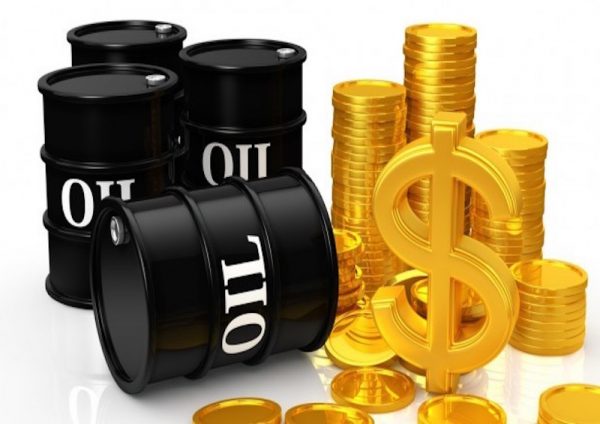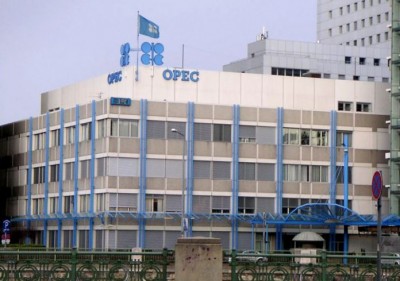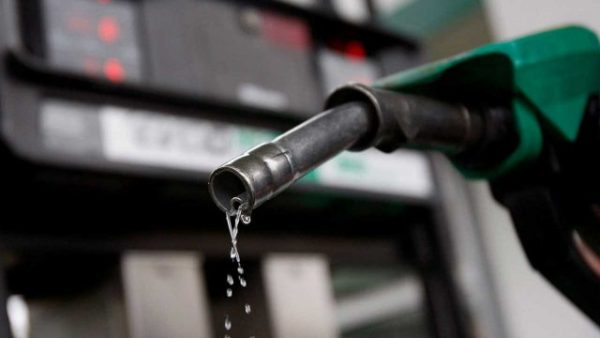Oil slumps after report of rising US stocks
 Oil prices fell on Wednesday, weighed down by a gloomier global economic outlook and a report of rising United States’ crude inventories, even as the US sanctions on Tehran threatened to curb Iranian crude oil supplies.
Oil prices fell on Wednesday, weighed down by a gloomier global economic outlook and a report of rising United States’ crude inventories, even as the US sanctions on Tehran threatened to curb Iranian crude oil supplies.
Global benchmark Brent crude oil fell by $0.50 to $71.96 per barrel by 8.30am GMT, while US light crude was $0.55 lower at $66.49 per barrel, according to Reuters.
“Sentiment is sandwiched between a darkening global economic outlook and looming Iranian supply shortages,” said Stephen Brennock, analyst at London brokerage PVM Oil Associates.
The US crude stocks rose by 3.7 million barrels in the week to August 10 to 410.8million barrels, a private industry group, the American Petroleum Institute, said on Tuesday. Crude stocks at the Cushing, Oklahoma, delivery hub rose by 1.6 million barrels, the API said.
Investors are concerned by the health of the world economy at a time of escalating trade disputes between the US and its major trading partners.
The OECD’s composite leading indicator, which covers the western advanced economies plus China, India, Russia, Brazil, Indonesia and SA, peaked in January but has since fallen and slipped below trend in May and June.
World trade volume growth also peaked in January at almost 5.7 per cent year-on-year, but nearly halved to less than three per cent by May, according to the Netherlands Bureau for Economic Policy Analysis.
The US and China have been locked in a tit-for-tat trade spat for a few months, gradually adding tariffs to each other’s products in a dispute that threatens to curb economic activity in both countries.
Chinese oil importers now appear to be shying away from buying US crude oil as they fear Beijing may decide to add the commodity to its tariff list.
Not a single tanker has loaded crude oil from the US bound for China since the start of August, Thomson Reuters Eikon ship tracking data showed, compared with about 300,000bpd in June and July.
Meanwhile, investors are watching the impact of US sanctions on Tehran, which analysts say could remove as much as one million barrels per day of Iranian crude from the market by 2019.







